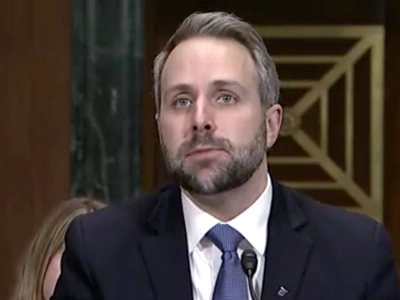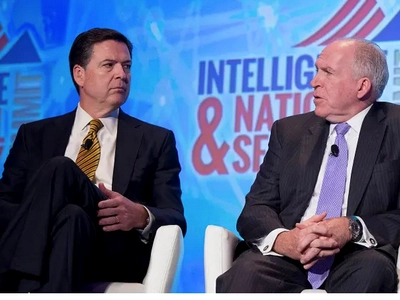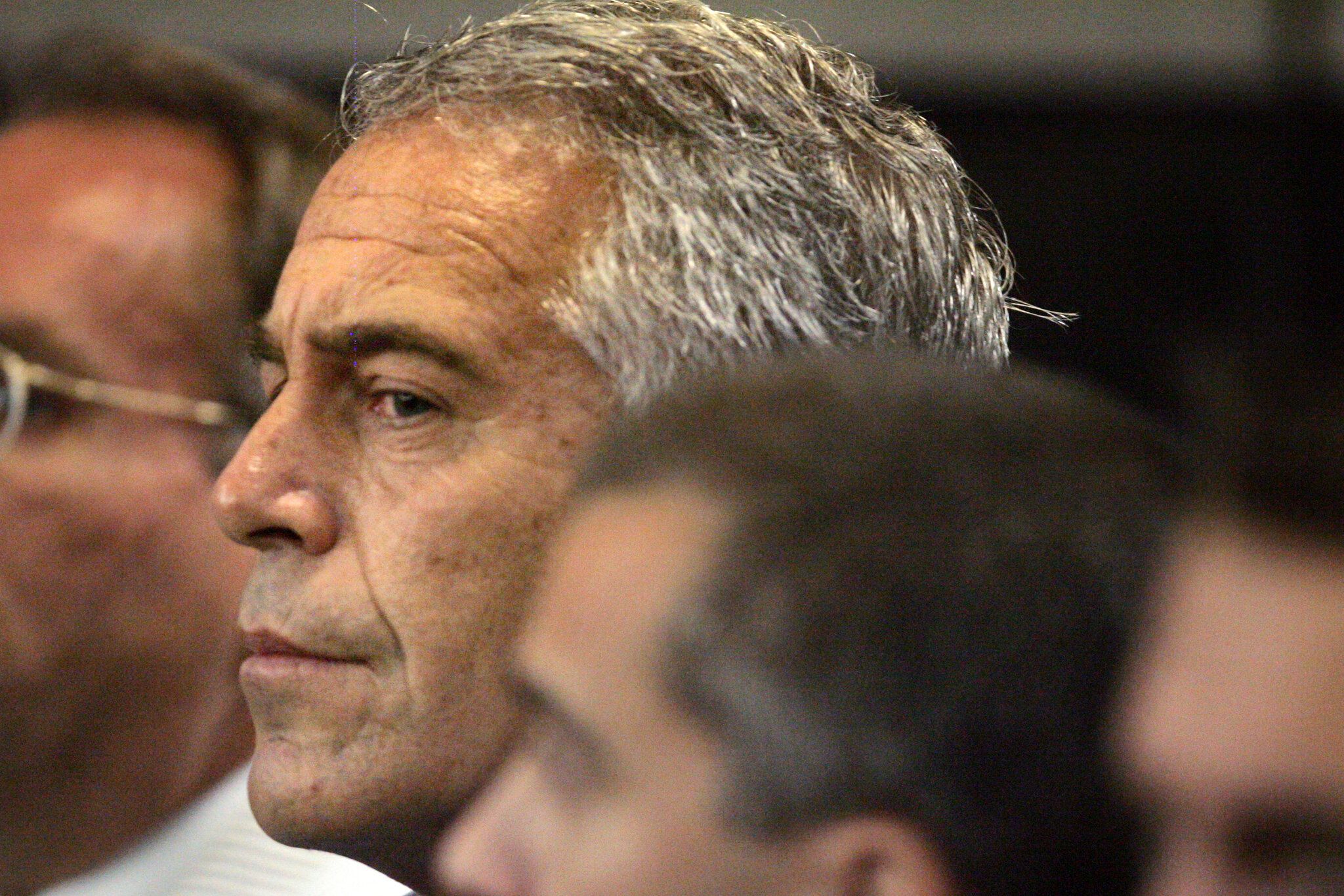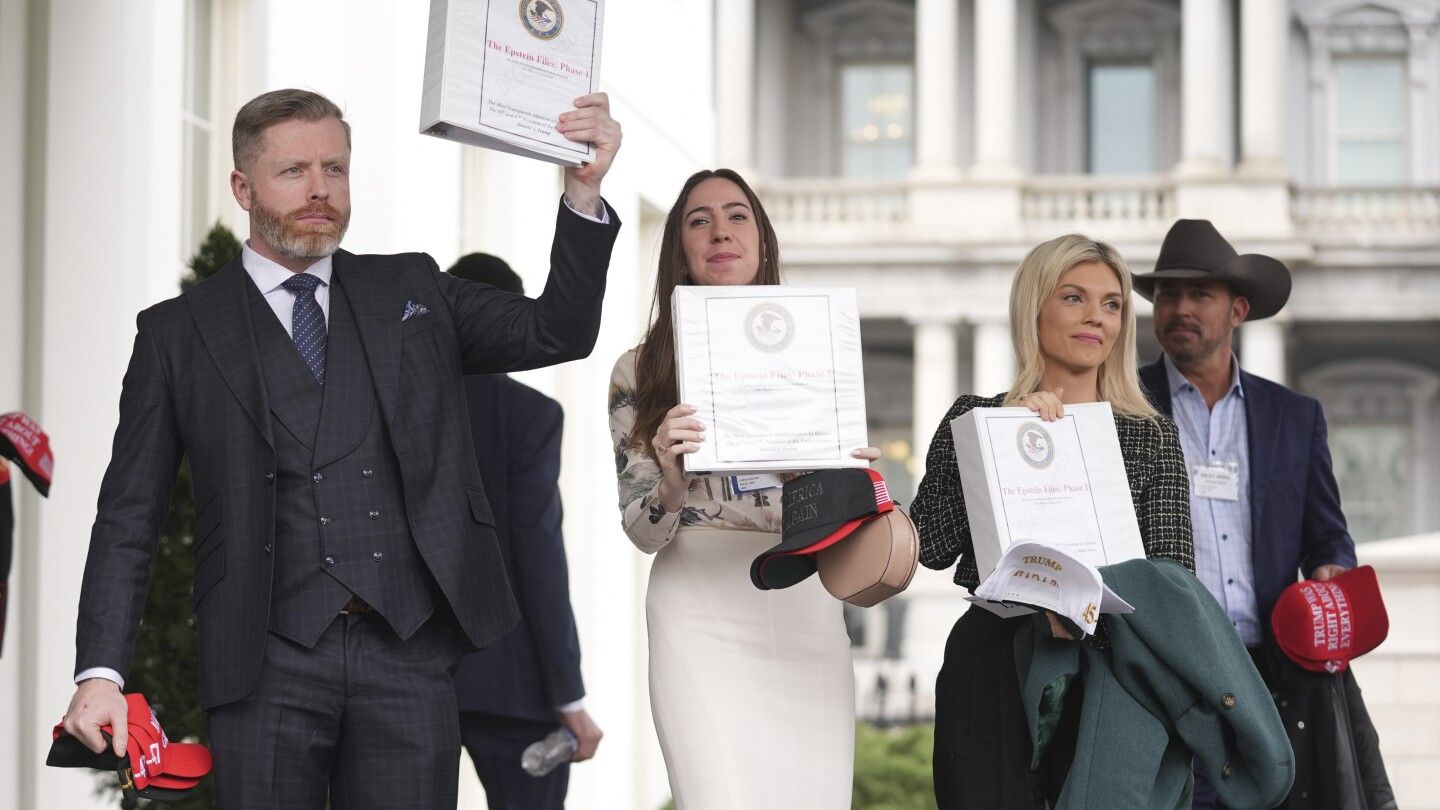Blue State Judges Resign Amid Misconduct Scandal: Are Political Alignments Shielding Judicial Misconduct?
The uncomfortable truth nobody wants to discuss is staring us right in the face: America's judicial system is experiencing a crisis of integrity, and the patterns are impossible to ignore.
The Resignation Escape Hatch
When federal judges face serious misconduct allegations, they have a golden ticket most Americans don't: they can simply resign and walk away scot-free. No criminal charges. No public accountability. Just a quiet exit with full retirement benefits intact.
Take Judge Joshua Kindred of Alaska, who resigned in July 2024 after investigators uncovered what they called "abusive conduct" that created a "hostile work environment." The moment his resignation letter hit the desk, the investigation stopped cold. Case closed. Justice served? Hardly.
This isn't justice—it's a shell game where the house always wins.
The Blue State Pattern That Can't Be Explained Away
Here's where things get uncomfortable for those who prefer their politics neat and tidy: the recent wave of judicial resignations has disproportionately hit blue states and Democratic-appointed judges. Alaska's Kindred was just the latest in a troubling pattern that's emerged over the past year.
When pressed about this trend, judicial oversight officials offer carefully worded non-answers about "coincidence" and "statistical anomalies." But patterns don't lie, even when officials won't speak plainly about them.
The question isn't whether political alignment influences judicial behavior—it's whether anyone has the courage to acknowledge it publicly.
The Accountability Vacuum
Here's what should terrify every American: According to NPR's investigation into federal judicial misconduct, it's "common for judges to resign while they're under investigation, which generally stops the probe, and allows them to collect retirement benefits."
Read that again. The system is literally designed to let bad actors escape consequences.
While ordinary citizens face the full weight of justice when they break the law, federal judges operate under a different set of rules—rules they largely wrote for themselves. They can abuse their power, harass employees, and compromise the integrity of our courts, then simply walk away when the heat gets too intense.
The Progressive Judiciary's Oversight Problem
Critics have long argued that progressive judicial appointments prioritize ideology over integrity, but the recent misconduct revelations suggest something deeper: a systemic failure of oversight within liberal judicial circles.
When judges view themselves as activists rather than impartial arbiters, the traditional checks on judicial behavior—professional ethics, peer accountability, and institutional respect—begin to break down. The result is a judiciary that polices itself with kid gloves while expecting maximum accountability from everyone else.
What They Don't Want You to Know
The judicial conduct system is a rigged game. Complaints are handled internally by the same judicial community that created the culture of impunity in the first place. Investigations are confidential. Punishments are rare and usually toothless. And resignation—the ultimate escape hatch—is always available.
Meanwhile, Congress refuses to close the loopholes that allow judges to evade accountability. Why? Because many lawmakers are lawyers themselves, and they understand that challenging judicial immunity today might limit their own options tomorrow.
The American people deserve to know: How many more judges are currently under investigation? What specific misconduct triggered these recent resignations? And why does our justice system have different rules for those who dispense it?
The Questions No One's Asking
If three judges from red states had resigned under similar circumstances, would the media coverage be different? Would there be calls for Congressional hearings? Would reform advocates be demanding systemic changes?
The silence around these questions is deafening.
Every resignation without accountability is a betrayal of every American who believes in equal justice under law. Every covered-up investigation is a mockery of transparency. Every judge who walks away consequence-free makes a mockery of the very system they swore to serve.
The Truth They're Hiding
The judicial misconduct crisis isn't about individual bad actors—it's about a system that has lost its way. When judges believe they're untouchable, when political ideology trumps professional ethics, when resignation becomes a get-out-of-jail-free card, we don't have a justice system anymore.
We have a protection racket.
Until we demand real accountability, transparent investigations, and meaningful consequences for judicial misconduct, these "coincidental" patterns will continue. The only question is whether Americans will keep accepting excuses, or finally demand the justice they deserve.
The judges are watching. They're counting on our silence.
Don't give it to them.






